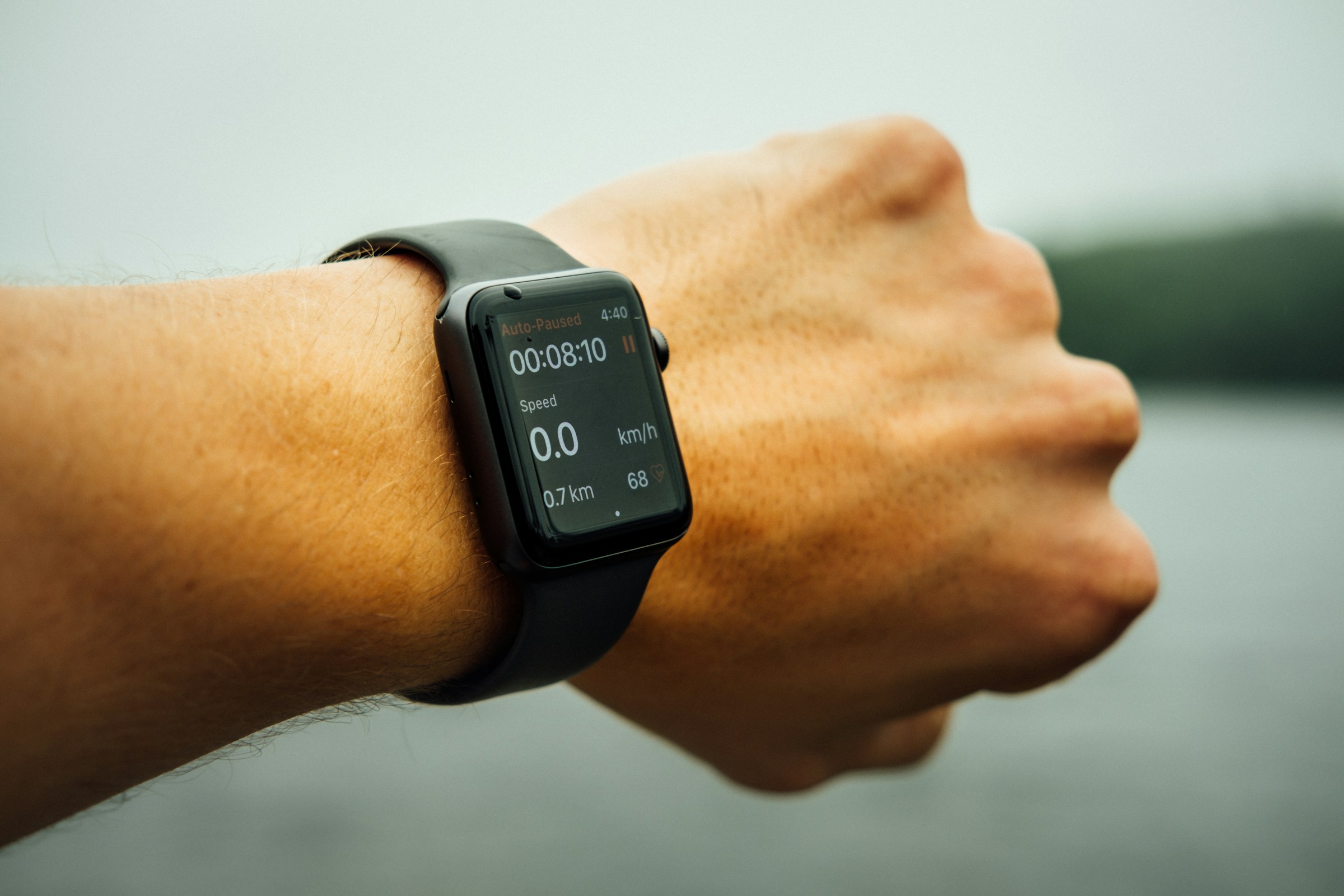Fitness
Track your progress, get motivated, and get moving with health and fitness apps

There are plenty of health and fitness apps to choose from today to track your calories, steps, workouts, what you’re eating, and more. Researchers from the University of South Australia have found that using these health apps really does have benefits. Logging into these apps is somewhat like having an accountability partner that motivates you and helps you keep track of your progress all in one convenient digital place on your phone, tablet, or Apple watch.
The rising popularity of health and fitness apps
Health and fitness apps are skyrocketing in popularity as the burden of chronic disease increases, and people become more health conscious. According to the World Health Organization, one in eight people are now living with obesity, and 422 million people have diabetes. Digital apps are a handy way to boost your overall health and wellness and encourage you to get your body moving. You don’t have to travel to the gym, and many apps include virtual fitness coaches, AI personalization, and a variety of useful in-app features.
So, why are people choosing to use health and fitness apps? Here’s an example: you might decide to try Pilates or calisthenics to develop your fitness and help with lower back pain, but you’re unsure about which movements, and you’re finding it difficult to remember to make time in your busy schedule. You could use a Pilates or calisthenics app to guide you through the right exercises and set reminders.
If you’re switching up your diet and trying to lose weight, you could use an app to track your calories and what you’re eating, so you can stay on top of your progress.
The study results

Researchers evaluated data from 206,873 people across 47 studies.
The results revealed that people who use electronic and mobile health interventions like digital apps:
- Walked 1329 more steps each day
- Performed 55 minutes more of moderate-to-vigorous exercise every week
- Engaged in 45 minutes more overall physical activity every week
- Consumed 103 fewer calories per day
- Consumed 20% more fruits and vegetables per day
- Consumed 5 grams less saturated fat per day
- Had 9 kilograms of weight loss over 12 weeks
- Had better sleep quality and less severe insomnia
Whether you want to improve your sleep, lose weight, or become more physically active, a mobile app is a handy modern tool to have. It turns out that regularly using health and fitness apps might just encourage healthier habits, and it only takes seconds to download.










